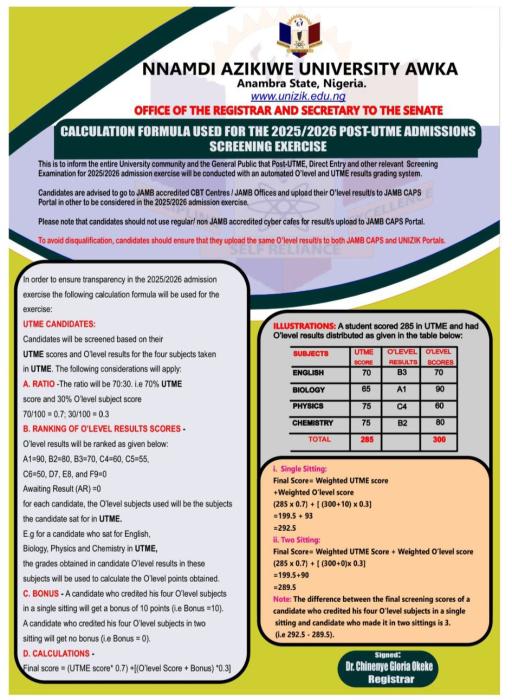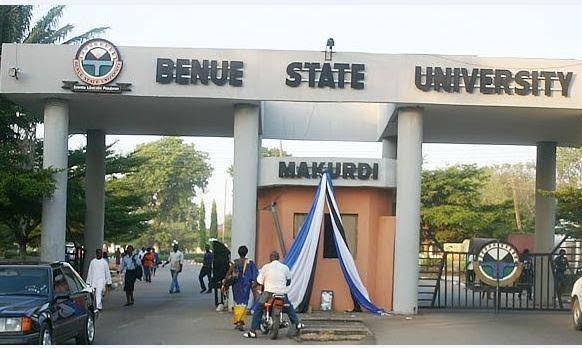The Academic Staff Union of Polytechnics (ASUP) has once again raised serious concerns over the state of Nigeria’s polytechnic education system, warning of a looming nationwide strike if the Federal Government fails to address lingering issues within the next 21 days.
This development comes at a time when many students are preparing for examinations, project defenses, and the start of a new academic session—raising fears of another disruption in the academic calendar.
Why is ASUP Threatening to Strike?
ASUP’s leadership, after its recent National Executive Council (NEC) meeting, made it clear that members are frustrated by the government’s failure to meet several key demands. These demands are not just about salary arrears but also about the overall improvement of Nigeria’s polytechnic system.
Some of the Union’s Major Demands Include:
- Payment of Salary Arrears: Lecturers are demanding the payment of 25% and 35% salary increases that were approved but have remained unpaid for the past 12 months. Despite being budgeted, the arrears are still hanging.
- Peculiar Academic Allowance (PAA): This allowance, designed to address the unique nature of polytechnic teaching and research, has not been included in the government’s budget templates, leaving polytechnic staff shortchanged.
- Quality Assurance & Accreditation: ASUP strongly opposes the Federal Government’s decision to outsource polytechnic accreditation and quality assurance to private bodies. According to them, this move compromises academic integrity and could lower the value of polytechnic education in Nigeria.
- Creation of a National Polytechnics Commission: Just like universities have the National Universities Commission (NUC), and colleges of education have their own regulatory body, ASUP is demanding a commission dedicated to polytechnics.
- Addressing HND/Degree Dichotomy: ASUP wants a proper implementation of the dual mandate policy to end the discrimination between Higher National Diploma (HND) and university degrees.
- Minimum Wage Implementation: The union insists that state governments must adopt the newly approved ₦70,000 minimum wage for polytechnic staff.
- Unsettled Promotions and Arrears: Many polytechnic lecturers have been waiting for their promotion arrears under the CONTISS 15 salary structure to be paid.
What This Means for Students
If ASUP goes ahead with its planned strike, students across Nigeria’s federal and state-owned polytechnics will face disruptions that could:
- Delay semester examinations and project defense schedules.
- Extend academic calendars, forcing students to spend longer years in school.
- Affect NYSC mobilization for final-year students, as incomplete sessions may disqualify them.
- Cause further psychological stress, especially for students who have already faced repeated strikes in the past.
For many students, this news brings back memories of past ASUP strikes, which kept polytechnic campuses closed for months, delaying graduations and putting careers on hold.
Students React
Some students have expressed sympathy for their lecturers, noting that better welfare for staff would improve teaching and research quality.
- “If lecturers are not paid their allowances, how will they be motivated to teach us well? Government should just settle them before we suffer another strike,” said Chiamaka, a final-year student of Federal Polytechnic Nekede.
Others, however, worry about how another strike could affect their future.
- “We are tired of being victims of government and union disagreements. Every time it’s the students that suffer. I just hope they find a solution fast,” lamented Musa, an ND 2 student in Kaduna Polytechnic.
The Bigger Picture
The ASUP strike threat also highlights a larger issue: the neglect of Nigeria’s polytechnic system. Despite producing highly skilled graduates in engineering, technology, and applied sciences, polytechnics continue to face underfunding, poor infrastructure, and low recognition compared to universities.
Many experts believe that if the Federal Government genuinely wants to boost Nigeria’s industrial and technological growth, it must invest in polytechnic education—both in terms of staff welfare and facilities.
What Happens Next?
The 21-day ultimatum issued on August 14, 2025, will expire around September 4–5, 2025. If the government fails to act before then, ASUP may instruct its members nationwide to withdraw services—bringing lectures, projects, and exams to a halt.
For now, students are advised to:
- Stay updated through official ASUP announcements and school circulars.
- Prepare academically in case of any disruptions.
- Remain calm, while also raising their voices for a quick resolution since students are the ones most affected.
Final Thoughts
The looming ASUP strike is not just about staff welfare; it is about the future of Nigeria’s polytechnic education system. While the union has every right to demand what is due, the Federal Government also owes it to students and the nation to ensure uninterrupted learning.
As the countdown to the ultimatum continues, all eyes are on Abuja. Will the government act quickly to prevent another nationwide academic shutdown, or will students be forced into yet another round of uncertainty?
Only the next few weeks will tell.






